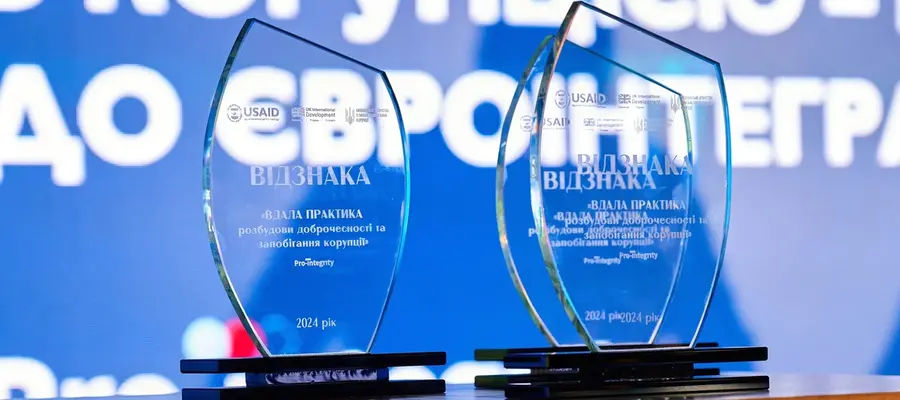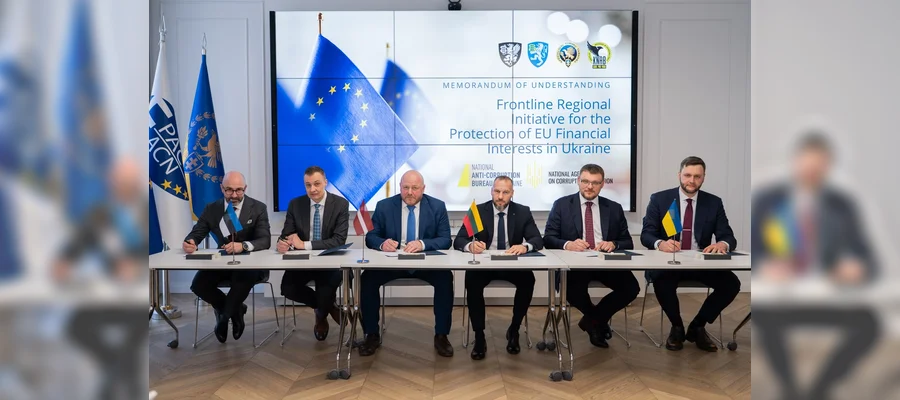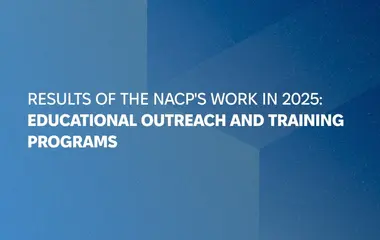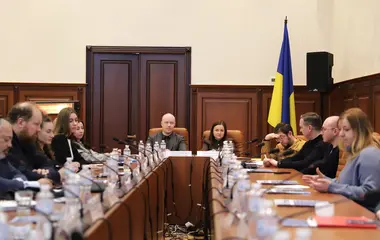The National Agency on Corruption Prevention (NACP) systematically collects and disseminates good practices for building integrity and preventing corruption in government and public institutions. This helps to popularize the best practices in this area and strengthens the effectiveness of the Anti-Corruption Commissioners by setting a positive example.
This year, NACP received 67 applications from more than 50 organizations as part of the collection of good practices. After detailed analysis and processing, the NACP experts selected 15 best initiatives. They were presented and honored on December 9 at the Forum dedicated to the International Anti-Corruption Day.
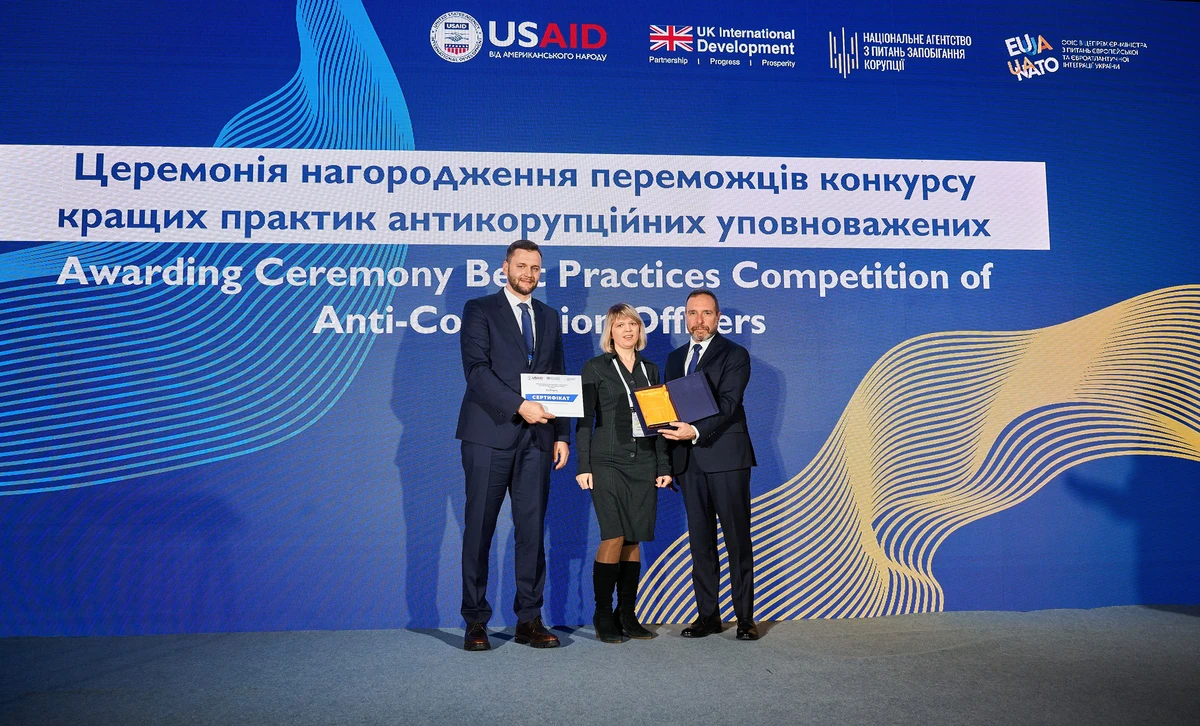
NACP received the “Good Practice in Building Integrity and Preventing Corruption” award and an incentive gift (a certificate for training) from NACP Head Viktor Pavlushchyk and Project Manager of the Promoting Integrity in the Public Sector (Pro-Integrity) Project Peter Dimitroff:
- The Deposit Guarantee Fund for implementing an anti-corruption management system that meets the requirements of the international standard ISO 37001:2016;
- The National Police of Ukraine - for creating a digital training platform for police officers “Integrity Police in One Link” and implementing testing of management for knowledge of anti-corruption legislation;
- Executive Committee of Fastiv City Council - for implementing the project “Building the Community of the Future: Effective Self-Government Without Corruption”, which includes conducting a survey, seminars, creating a chatbot, and developing the Community Anti-Corruption Code;
- "The National Public Broadcasting Company of Ukraine - for introducing anti-corruption checks of candidates for positions vulnerable to corruption risks and business partners;
- The Ministry of Internal Affairs of Ukraine - for developing the Rules of Ethical and Integrity Conduct for MIA Employees and a model anti-corruption program for a legal entity of the Ministry of Internal Affairs;
- The National Commission for the State Regulation of Electronic Communications, Radio Frequency Spectrum and Postal Services - for developing the Procedure for holding meetings of the NCCS employees with representatives of business entities and/or entities related to them by control relations on the issues of such entities' activities;
- The State Labor Service of Ukraine - for developing an algorithm for informing business entities before conducting a state control measure about their rights and the possibility of reporting by such entities about the information they have on the facts of abuse of their official duties by officials of the territorial bodies of the State Labor Service, creating artificial conditions for extortion of unlawful benefits;
- INFOTECH State Enterprise - for implementing the Conflict of Interest Self-Assessment;
- Donetsk State University of Internal Affairs - for creating the Training Center “Building Integrity” and developing the Practical Guide to the Rules of Ethical and Integrity Behavior for the Ministry of Internal Affairs;
- The Ministry of Finance of Ukraine - for monthly coverage of anti-corruption legislation in the News Digest for employees of the Ministry of Finance and promotion of the Code of Ethical Conduct;
- Kherson and Lviv Regional State (Military) Administrations - for developing Codes of Ethical Conduct for employees;
- The State Property Fund of Ukraine - for the development of the Fund's Integrity Policy;
- National Academy of Internal Affairs - for creating a society of anti-corruption commissioners of higher education institutions with specific training conditions of the MIA system;
- Sumy Regional State (Military) Administration - for incentivizing authorized persons on corruption prevention and detection.
It should be noted that the institution of commissioners for the prevention and detection of corruption is the primary link in the anti-corruption infrastructure, which provides the full range of functions to prevent corruption at the local level. The tasks of the commissioners include providing methodological and advisory assistance on corruption prevention, organizing anti-corruption training, participating in corruption risk management, taking measures to identify conflicts of interest and facilitating their resolution. The corporate culture of zero tolerance of corruption by employees of a particular body or organization largely depends on the professionalism of the commissioners.
The forum, dedicated to the International Anti-Corruption Day, was organized by the Pro-Integrity project, funded by USAID and UK International Development. The National Agency on Corruption Prevention and the Office of the Vice Prime Minister for European and Euro-Atlantic Integration are also partners of the event.
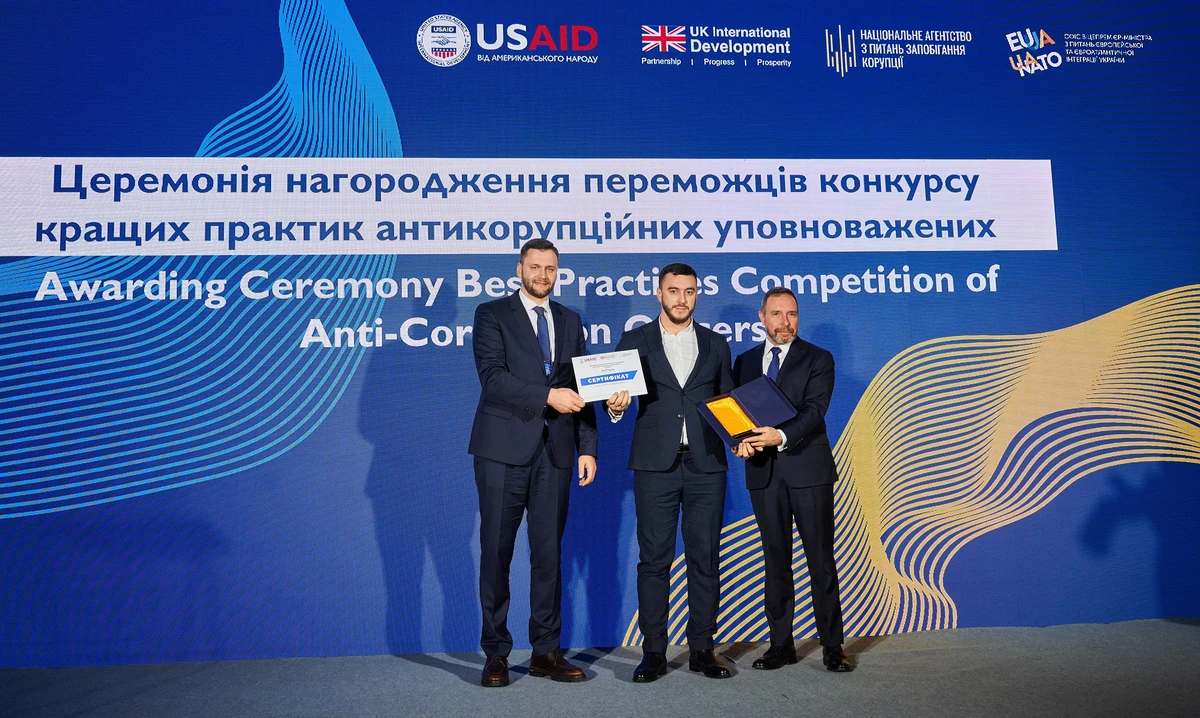

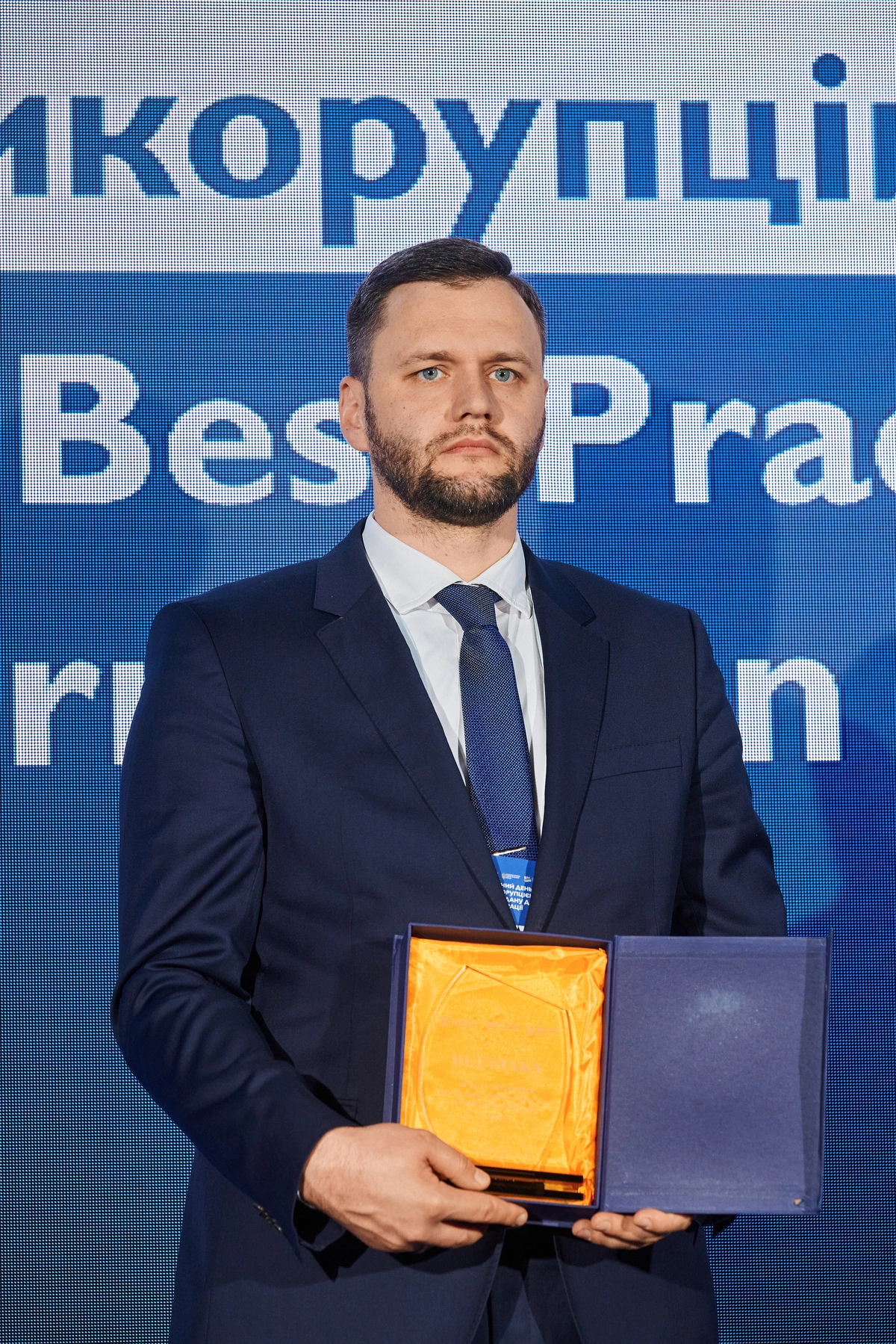
.jpg:Дозволені лише такі файли: jpg, jpeg, png, svg, webp, doc, docx, xls, xlsx, pdf)




